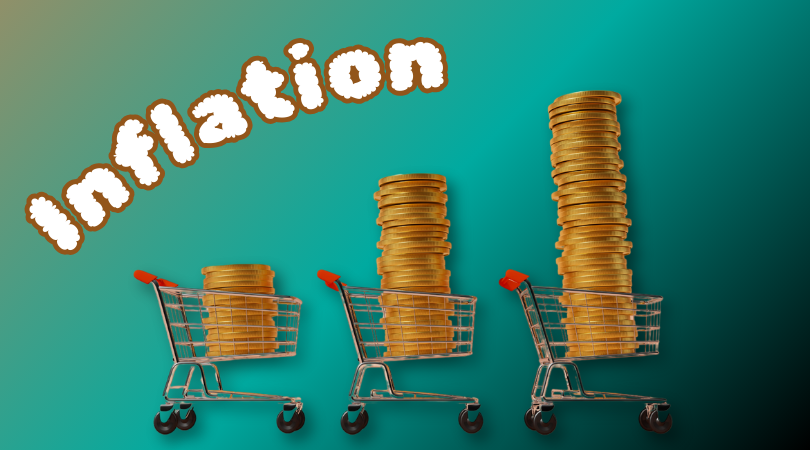

Have you ever wondered why prices seem to keep going up?
The answer is inflation. Inflation is an increase in the general price of goods and services over a specific period of time. To find out the level of inflation, economists usually compare current prices to prices from a corresponding previous period. So, for example, if your average monthly grocery bill was $500 in 2023, but in 2024, it’s now $525, that would mean that the inflation rate from last year to this year was 5 percent.
Several things can cause inflation, but in Barbados, there are essentially two major factors at play: an international component and a domestic component.
Let’s start with the international component since that accounts for roughly 75 percent of the inflation in Barbados. Why? Our fixed exchange rate of Barbados $2.00 to US $1.00 means that our inflation tends to mirror the United States’. This is particularly true because we import about 80 percent of the products we use. Most of our food, our cars, phones, clothes, and even the hair that we wear are imported. And even when we make products or offer services locally, they often require imported raw materials or inputs. Think of the materials used for construction projects or the equipment that your doctor uses in his office.
Our reliance on imports means that when prices rise overseas, it affects us here in Barbados. When prices go up in the countries we trade with, imports cost more, and, in turn, we pay more.
Oil is a major import in Barbados, so rising oil prices also impact how much we pay for goods and services. That’s because we need it to generate the electricity that powers our life. Stores and supermarkets use electricity to run their businesses and sell us products, and they use oil, in the form of gas or diesel in the vehicles that transport those products. High oil prices drive up transportation and other operating costs, and when businesses’ expenses go up, so do the prices consumers end up paying.
When it comes to the domestic component of inflation, it’s often about demand and supply. For example, when we eat out more, attend more events, or just buy more things, the higher demand starts to constrain supply. When there is greater demand for something, the price of it tends to increase.
On the supply side of things, adverse weather conditions such as flooding or drought that damage or hamper the growth of certain crops and livestock can limit supply and, as a result, make food more expensive, which contributes to inflation.
It’s clear, therefore, that inflation impacts us financially.
First, and perhaps most importantly, it decreases our purchasing power, which is just a technical way of saying that our money doesn’t go as far as it used to. As an example, if you have $100 now and you buy one item like a whole chicken, which costs $20, you can afford five whole chickens. That means your purchasing power (economists call it your real money balance) is five. Now, let’s assume that a year later, you still have $100, but the price of whole chickens jumped to $25, which is a 25 percent increase, you can now only afford four whole chickens. Your purchasing power has now dropped to four.
Inflation can also impact your savings. If the rate of inflation is higher than the interest rate you’re earning on your savings, you’re actually losing money because the value of your money sitting in the bank is actually being eroded faster than it is earning interest.
Imagine that you have $1000 in a savings account with a 1 percent interest rate. At the end of one year, you’d earn $10 in interest, giving you a balance of $1,010. However, if the inflation rate for that year was 3 percent, then an item that used to cost $1,000 when you started to save now costs $1,030. The $10 you earned on your savings would not be enough to cover the price increase, and in fact you’d be $20 short of the purchase price.
You might be asking what’s the point of saving if inflation is going to erode the value of the money you put down. Ironically, inflation is actually one of the reasons you should save. The cost of goods and services will rise, and the buffer that having savings gives you can help you to be able to afford the things you need when your income does not increase at the same pace that prices do.
Visit our MoneySmart hub for more articles, videos, and tips on how to secure your finances. Have a specific question you’d like answered? Submit it and it could be answered in our Ask the Expert column.